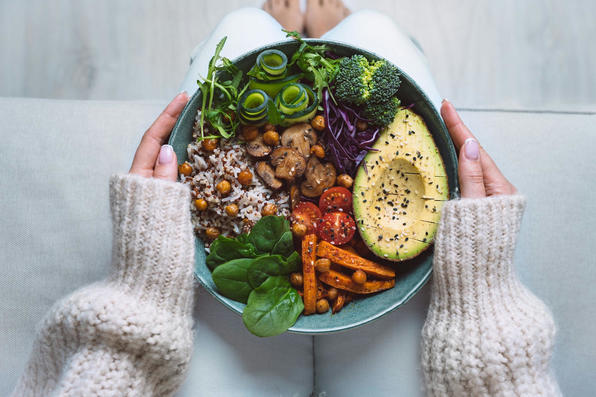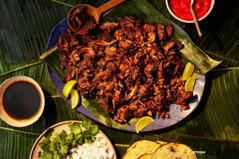- Sues Home Kitchen
- Posts
- Thursday Recipes - 10/12/23
Thursday Recipes - 10/12/23

We’re Back! Hope you enjoy the new Sue’s Home Kitchen Newsletter!
Plant-Based Diet Tips:
Start slowly and gradually increase your intake of plant-based foods.
Many people make the mistake of trying to switch to a plant-based diet overnight, which can be overwhelming and unsustainable. Instead, start by incorporating one or two plant-based meals into your weekly routine and gradually increase from there.
Experiment with different types of fruits and vegetables.
There are so many different types of plant-based foods, and it's important to have a diverse diet for optimal health benefits. Don't be afraid to try new fruits and vegetables that you may not be familiar with.
Focus on whole, unprocessed foods.
When following a plant-based diet, it's best to stick to whole, unprocessed foods as much as possible. These include fruits, vegetables, whole grains, legumes, nuts, and seeds. This will ensure that you're getting all the necessary nutrients for a balanced diet.
Be mindful of your protein intake.
One concern people often have about a plant-based diet is getting enough protein. While it's true that most plant foods do not contain as much protein as animal products, there are still plenty of plant-based sources of protein such as tofu, tempeh, beans, lentils, and quinoa.
Enjoy,

P.S. Did a friend send you this? Sign up for Free Here!
🤔 Today’s Trivia Question
What is the main difference between a plant-based diet and a vegetarian or vegan diet?
(Answer at the bottom of the newsletter.)
Benefits of a Plant-Based Diet
|
🤔 Answer to Today’s Trivia Question
A plant-based diet focuses on consuming primarily whole, unprocessed plant foods such as fruits, vegetables, whole grains, legumes, nuts, and seeds.
While a vegetarian or vegan diet may also include these foods, they may also incorporate animal products such as dairy, eggs, and honey.
Additionally, a plant-based diet emphasizes the importance of whole foods rather than processed or refined options.
So the main difference is that a plant-based diet is more restrictive in terms of animal products and places a stronger emphasis on consuming whole foods for optimal health benefits.
So while both diets have ethical and environmental considerations, a plant-based diet is more focused on overall health benefits.
Check out this Plant-Based Cookbook with over 100 mouth-watering recipes!
😂 Q: People who don't eat meat are called vegetarians…
but what are people who don't eat vegetables?
A: Constipated.






